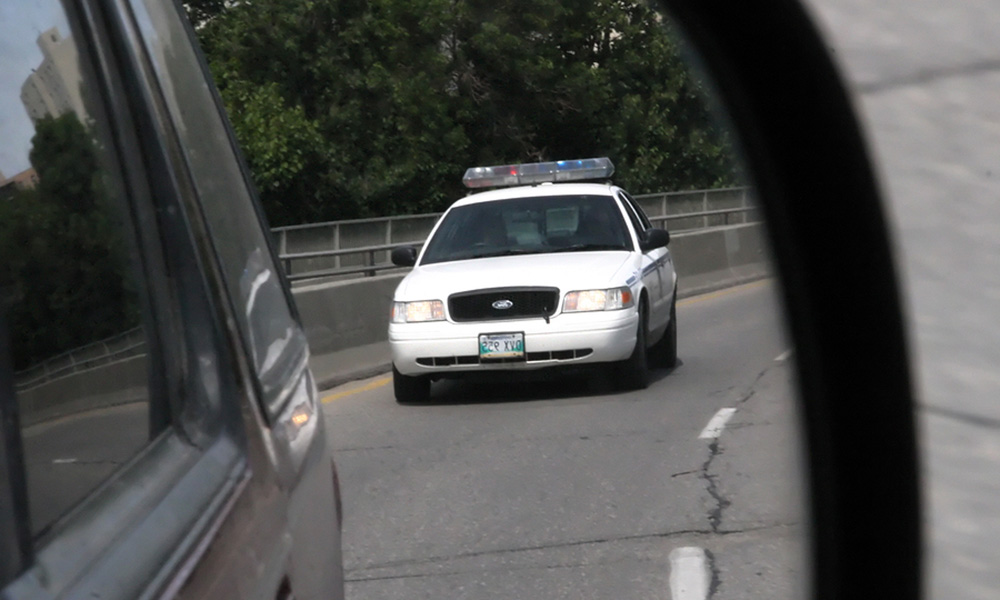You don’t actually have to be on a date with someone in order to be charged with date rape against the person in New York. Identified as distinct from traditional violation, date rape typically involves the voluntary or involuntary intoxication of the victim. The reason why sex with a person who is intoxicated can become a case of date rape is because the law generally invalidates consent for sex when it is given during a state of intoxication. New York law presumes that one who is intoxicated does not have the mental capability to form valid consent. Therefore, even the fact that an alleged victim did provide consent may not be a defense to a date rape charge down the road.
Consensual vs. Non-Consensual Sex
When intoxicated, a victim does not have the mental awareness to legally consent to sexual activity. An inability to protest sexual advances because of intoxication is not de-facto consent. The fact that intoxication renders a victim unable to protest sexual contact carries the same weight as if the victim had plainly and of sober mind refused the contact. However, alleged date violation offenders can also face charges if the victim does give consent while under the influence of drugs or alcohol but revokes the consent later. In this case, affirmative consent, given under the influence, may be found equal to lack of consent by New York courts.
Unfortunately, date violation is a very difficult accusation to prove and disprove. The primary problem is that, when the sexual contact occurs, it is typically between the two individual parties, without any other witnesses or testimony to be considered. As one might imagine, this creates a “he said” / “she said” scenario that the court must dissect in order to uncover the truth. Even more unfortunate is that this difficulty of provability has led to some people using the claim of date violation as a tool of revenge or against someone whom the alleged victim simply regrets having sex with later.
The best way to avoid a false claim of date rape is to simply avoid mixing large amounts of drugs or alcohol in a social setting where sex may result. If it is too late to take this advice, and the accusation of date rape has already been made, the alleged offender in New York is urged to immediately contact an experienced date rape attorney for help.
Despite what a public defender may advise, pleading guilty to a charge of date rape is generally not a good idea. Doing everything possible to move on past the allegations and put the experience behind them is understandable, but can have major negative implications on offenders, including jail time and the loss of certain rights and privileges granted to other New York residents. Instead, an experienced date rape attorney should be consulted as soon as possible following any accusations.
Date Rape Charges
Depending on the circumstances, a particular date violation allegation may be charged as a first, second, or third-degree rape:
- Rape in the first degree is a Class B felony, the most serious rape charge. It is rape by force or compulsion, or where the victim is unable to consent, or is younger than 11, or younger than 13 if the perpetrator is over 18.
- Rape in the second degree is a Class D felony. It is the rape of someone younger than 15 by someone over 18, or intercourse with someone unable to consent because of mental incapacity.
- Rape in the third degree is intercourse with someone less than 17 (and thus incapable of consent), or intercourse with someone unable to consent for some reason other than mental incapacity.
All three of these charges carry serious consequences and should never be taken lightly.
Avoiding Charges
Perhaps the best way to avoid criminal date violation charges in New York is to avoid situations where drugs or alcohol will be served. The biggest factor in any date violation charge will be the intoxication of the party alleging the offense. If you don’t put yourself in a sexual situation with someone who is intoxicated, then you can never be convicted of date rape.
Unfortunately, avoiding certain situations is not always possible. Therefore, it is in your best interest to know how to respond to accusations of date violation if you ever find yourself facing such charges.
Above All, Exercise the Right to Remain Silent
No matter the specific facts and circumstances revolving around an allegation of date rape, it is best for you to avoid answering questions or making comments about the incident to any police investigators. At first contact with police, you should express your desire to exercise your right to remain silent. Unless you make it known that you would like to exercise the right to remain silent, then any silence which you maintain during questioning by police may actually be used against you at trial. This is allowed because the U.S. Supreme Court has ruled that the protections of the 5th amendment (the one that protects against self incrimination) do not become “active” until a rights advisement is made by a police officer or until the person talking to police clearly invokes the right.
The reason why a person who is accused of date rape in New York should exercise the right to remain silent during police contact is because it is easy for a police officer or investigator to misunderstand or misreport what you are trying to say. Further, trying to keep the facts straight under police pressure and the threat of criminal charges is not something that many people will find easy to do – even if they are absolutely innocent of any offenses.
Let an Attorney Help
A New York criminal defense attorney can help you tremendously if you are ever accused of date rape. The attorney will screen any and all questions from investigators and will argue your innocence on your behalf. If you are convicted of date rape, you can expect to spend some time behind bars and to have a very difficult time adjusting to life after the charges, which is why you can’t afford to face such serious charges without an attorney’s help.











Comments are closed.